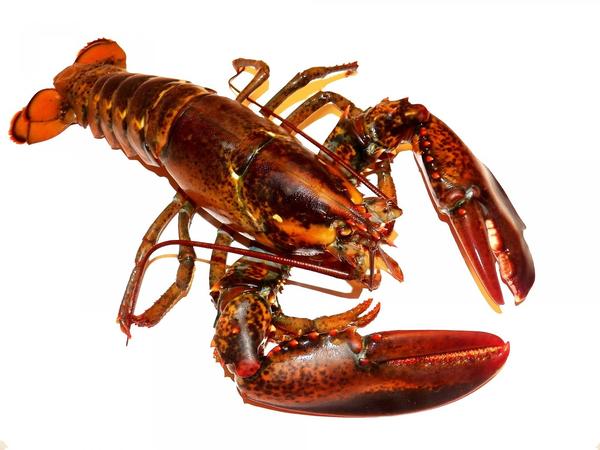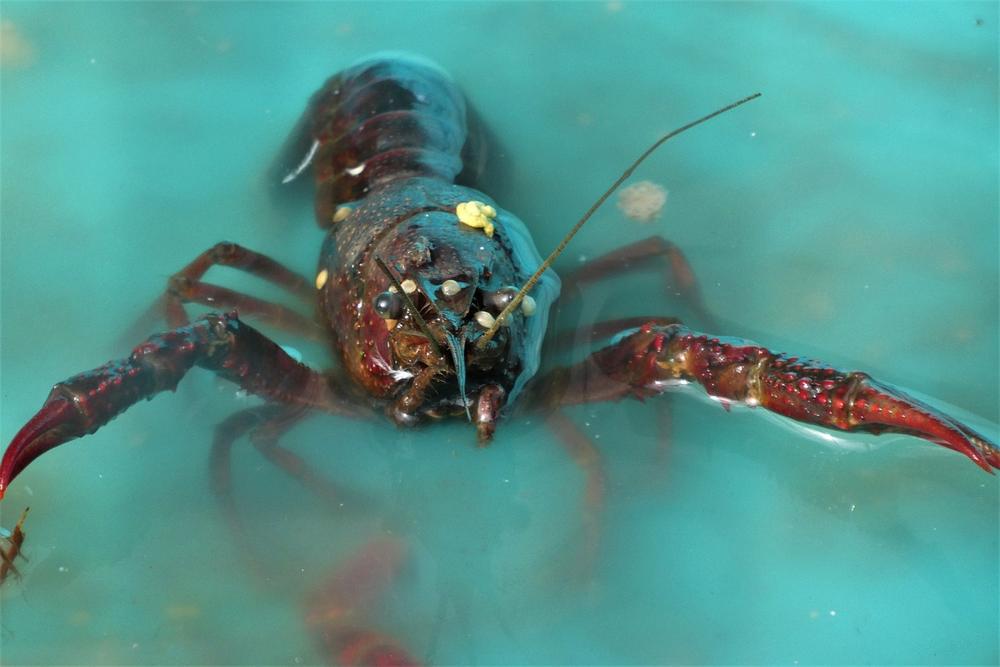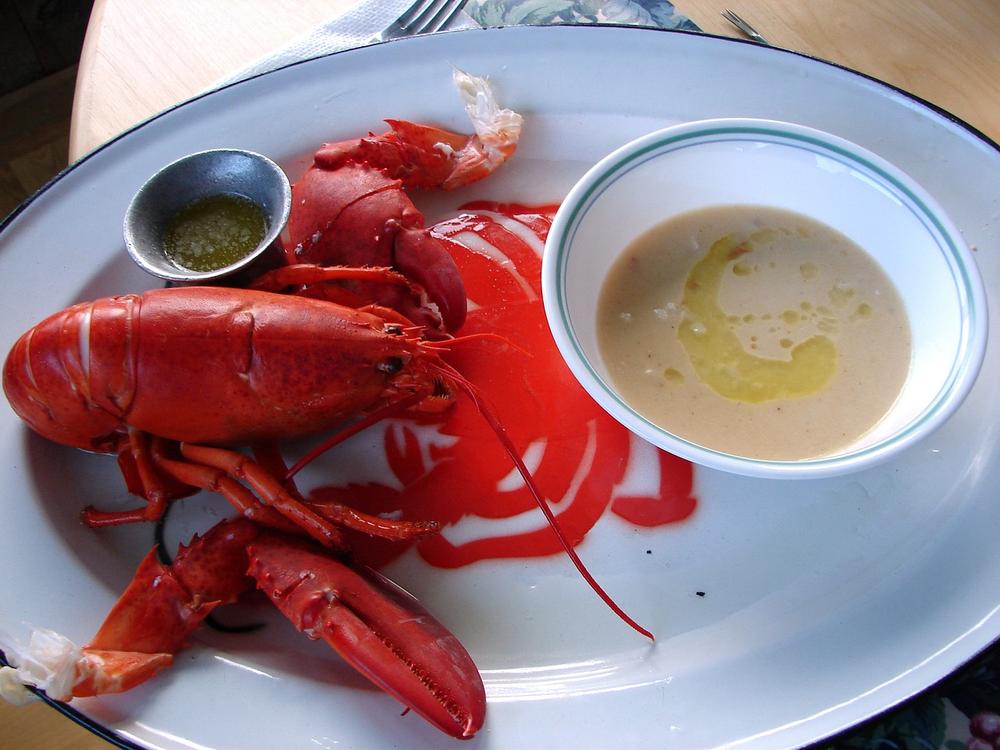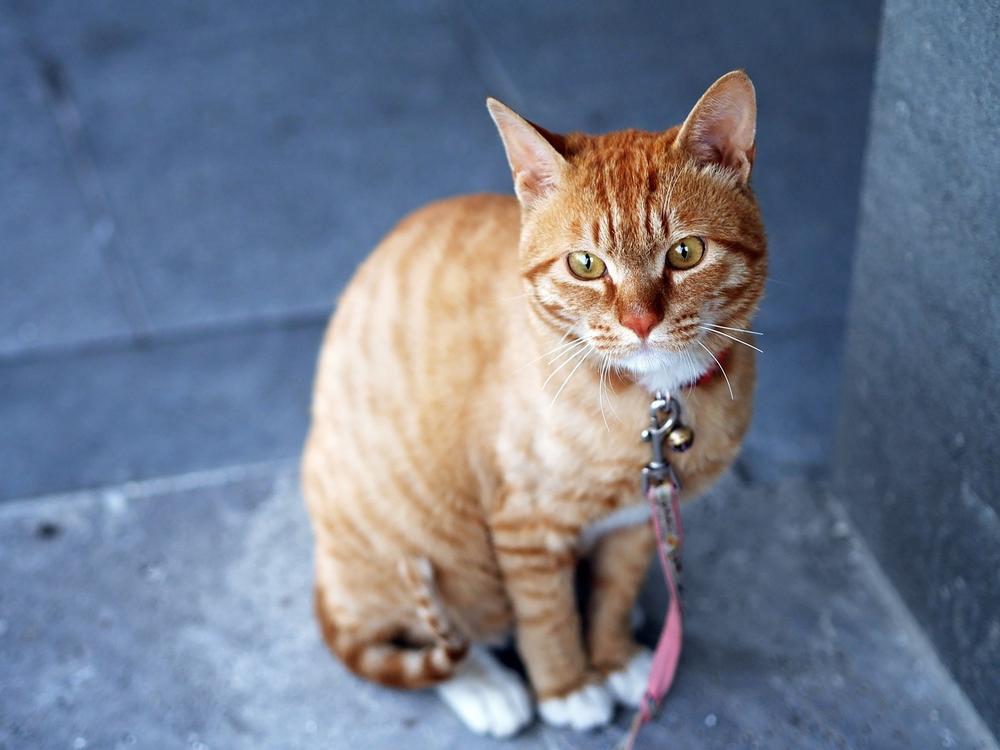Can Cats Eat Lobster? Should They?

Is the thought of feeding your furry feline friend lobster giving you paws for thought?
Worries about the safety of indulging Fluffy in this decadent crustacean can be overwhelming, I get it.
You're just looking out for your beloved companion, and it's natural to be concerned.
But fear not, my cat-loving friends, because I've got the answers you're clawing for. 😺
So let's dive in and satisfy your curiosity once and for all.
Ready?
Let's begin.
Nutritional Needs of Cats: Is Lobster Safe?
While lobster can be safe for cats in moderation, it should not be a regular part of their diet. Lobster lacks taurine and fiber, and excessive consumption can lead to digestive issues. It is best to offer cooked, unseasoned lobster as an occasional treat to meet their nutritional needs.
Lobster, the sea's king.
But are cats fit for lobster?
You may wonder.
Well, buckle up because I've got all the mouth-watering details right here.
Let's get serious about cats' nutrition first, shall we?
Cats need a diet filled with protein, zinc, calcium, and omega-3 fatty acids.
These nutrients keep our feline friends healthy, boosting their immunity like warriors.
Now, let's talk lobster.
This ocean delight offers essential proteins and nutrients like copper, iron, phosphorus, magnesium, vitamins B, and omega-3 fatty acids.
Sounds good, doesn't it?
Hold your horses though, we're not done yet.
Lobsters can be safe for cats in moderation, but there are a couple things to remember.

Peel off those shells because cats aren't natural-born lobster eaters (surprise!).
And here's an insider tip:
Go for wild-caught and sustainable lobsters. It adds extra oomph to the nutrient content.
But don't rush out to buy lobster wholesale just yet.
Stay with me, amigo.
Lobster isn't meant to be the star of your cat's daily menu.
It's high in purine content and lacks taurine and fiber.
What does this mean?
Too much lobster can cause digestive issues - think vomiting and diarrhea.
Not ideal.
But here's the good news: Cooked lobster without seasoning is A-okay.
No toxic substances lurking around there, my friend.
So, summing it up, lobster can add some flair to your cats' culinary adventures. Just keep it as an occasional treat and fulfill their nutritional needs with a well-rounded diet.
Bon appétit, whisker whisperers!😺
Main points I'll expand upon further down this article:
- Avoid feeding cats lobster shells to prevent pain, choking, or obstructions.
- Lobster bisque contains toxic substances and spices that can upset cats' stomachs.
- Raw lobster may contain parasites and require veterinary attention.
- Check for allergies before making lobster a regular part of a cat's diet.
- Excessive consumption of lobster can cause digestive problems and spread bacteria.
- Lobster tails can pose a choking hazard for cats.
- Seafood, including lobster, can lead to vomiting, allergic reactions, and liver disease in cats.
- Avoid spices and preservatives when feeding lobster to cats.
- Start with small amounts to observe reactions and allergies.
- Cook lobster thoroughly to minimize the risk of parasites and contamination.
Can Cats Eat Lobster Shells?
When it comes to cats and lobster shells, you must exercise caution .

Here are some reasons why you should think twice before feeding lobster shells to your furry friend:
- Choking hazard: Lobster shells can break into sharp pieces that could potentially get lodged in your cat's throat, posing a serious choking risk.
- Digestive obstructions: Cats have delicate digestive systems, and lobster shells can cause blockages or obstructions if ingested.
- Discomfort and stomachaches: Even though lobster shells are non-toxic, they can still cause temporary discomfort or stomachaches for your kitty.
- Remove shells from other seafood: If you're feeding your cat small amounts of crabs or shrimp, it's best to remove the shells and ensure the seafood is thoroughly cooked to avoid any potential harm.
- Consider live lobsters with hard shells: If you're set on giving your cat lobster, opt for live lobsters with hard shells as they are less likely to cause injury or digestive issues.
Your cat's health and safety should always be a top priority.
It's best to consult with a veterinarian for specific dietary recommendations and guidelines to ensure your cat stays happy and healthy.
Can Cats Eat Lobster Bisque?
The toxic ingredients commonly found in lobster bisque, such as onion and garlic, are harmful to cats.

Onion and garlic can be detrimental to a cat's health, causing potential harm.
Not only do these ingredients pose a risk, but spices like thyme, paprika, and cayenne pepper can also upset their stomach and irritate their digestive system.
Given this information, it is clear that lobster bisque is not suitable for our feline friends. You have to be sure to keep your cat safe by avoiding feeding them foods that contain these harmful substances.
Potential Health Risks When Introducing Lobster to Cats
Excessive lobster consumption can lead to health issues in cats
So, you've been thinking about giving your cat lobster, huh?
Well, hold on a minute. You should know that too much lobster is not good for your furry friend. Lobster has something called purine which can be bad for them.
It can cause a painful condition called gout, and we definitely don't want that!
Raw lobster can pose digestive risks for cats
I get it, you might be tempted to share some raw lobster with your kitty.
But let me tell you, that's not a good idea. Raw lobster can have parasites that will make your cat's tummy ache.
And trust me, you'll end up rushing to the vet if that happens. Also, keep an eye out for any allergies your cat might have before feeding them lobster because nobody wants their little buddy scratching like crazy all day long.
Lobster poses various other health risks for cats
Sure, lobster won't poison your cat, but that doesn't mean it's super safe either. Eating too much lobster can upset your cat's stomach and cause problems like vomiting and even liver disease.
And here's something scary: cats can actually choke on lobster tails.
We don't want our adorable feline friends struggling to breathe, do we?
So when you feed your cat lobster, please be cautious.
If you notice any signs of illness after your cat eats lobster, don't wait around.
Take them to the vet immediately.
It’s always better to be safe than sorry. To reduce the chance of parasites or anything else gross, cook lobster thoroughly before serving it to your cat.
Oh, and don't you forget, always give lobster in small portions, considering your cat's in essence health and whether they might have any issues with seafood.
As a responsible pet owner, keep an eye out for any allergic reactions or tummy troubles like itching, hair loss, irritated skin, feeling sick, throwing up, or diarrhea.
Let's not play around with your cat's health!
And speaking of seafood delicacies, if you're interested in learning more about what other types of seafood are safe for cats to eat, I have a helpful guide for you.
In my article Can Cats Eat Crab, you can find out if it is safe for cats to indulge in this delicious crustacean.
In this comprehensive guide, I explore the risks, nutritional facts, and precautions to consider when introducing your cat to crab.
So, if you're curious about expanding your feline friend's culinary options, don't hesitate to check out my article.
Can Cats Eat Raw Lobster?
When it comes to cats eating lobster, raw may not be the best choice.
It can have parasites and bacteria that could upset their stomachs.
But don't worry!
To ensure your cats stay safe and satisfied, it's better to cook the lobster by steaming or boiling it instead of serving it raw.
This way, you preserve the nutrients and avoid making the lobster tough and dry.

Here's a tip for you...
Before giving lobster to your kitties, make sure you cook it thoroughly without any spices or seasonings.
This helps maintain its safety and minimizes the chance of upsetting their delicate tummies.
Cats have different dietary needs from humans...
While lobster can be an occasional tasty treat, don't make it a regular part of their diet. Cats need well-balanced and nutritionally complete meals designed specifically for them.
If you ever notice any negative reactions like diarrhea or vomiting after feeding lobster to your cat, consult your vet immediately.
Always prioritize your furry friend's health!
And that wraps up today's article.
Thank you for reaching the end of my blog post! I'm excited to know what you think about it. I spend a lot of time and effort making sure my blog posts are informative and thorough. If you enjoyed reading it, I would be incredibly grateful if you could take a moment to share it with others by clicking on any of the social sharing icons. Your support means the world to me!
Talk soon,
-Sarah Davis